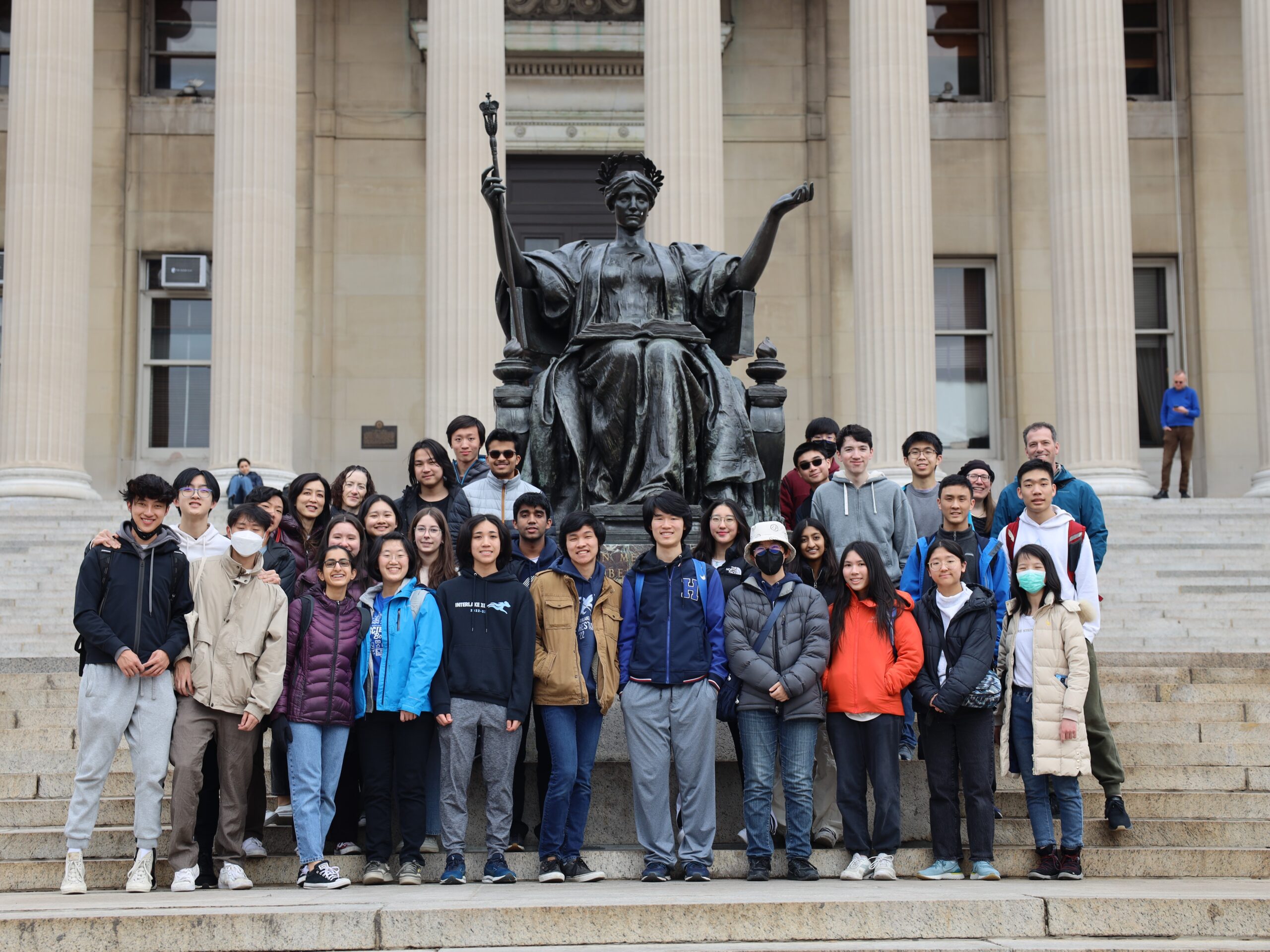A Heretical Notion: Community College?

Pop Quiz: Would you pay less, or more, for a commodity or standardized product?
- 2% Milk is an example. Federal standards mean that it’s the same product whether sold at Fred Meyer or Whole Foods. Would you opt to pay more?
- Now consider a Camry. What if the price in Washington was $25k, and in Michigan it was +$70k . Where would you choose to buy it?
Given that you probably would not pay more for your commodities, how about another commodity: Calculus 101, your basic college freshman course… it has the same requirements regardless where taught. Yet for a resident of the state of Washington, the per credit cost varies insanely based on location: at Bellevue College it is $105 per credit; at UW it’s $300; at UMich, its $1,479. Hmmm, remember, Calc 101 is Calc 101.
You may say that reputation matters. Good point. But if you look at the corporate VPs, SVPs, senior directors, etc. in many companies, they come from most anywhere. And if you look at the salary outcomes of grads, the variance is pretty small. In Occupation and Salary Outcomes by College and Major, you’ll see that a mechanical engineering grad from UMich makes $1,200 more per year than a UW grad. Cool. But if you are an out of state student, the incremental $1,200 cost you $155,620 more in tuition across 4 years. Not a great ROI, even if you plan to work +40 years.
And hiring managers don’t really care where a degree was started; only where the degree is completed. If you have interviewed candidates for your place work, did you ever ask if they spent a year or two at a community college? You didn’t really care, right? In fact, if a candidate said they went to a community college and finished at say, UCLA, you may feel they were more resourceful and willing to make hard tradeoffs, right?
So… what if a student completes the first 2 years at Bellevue College and finishes at UW, UMich or one of the UC schools? Yes, there’s a big “if” – they need to keep strong grades to be eligible to transfer. But rest assured: this is an Interlake graduate; if a student graduated with strong grades from Interlake, the prediction is high she or he will do it again.
Community college for 1 – 2 years means arguably better learning outcomes of the basic courses due to smaller class sizes, and an instructor trained to instruct instead of research. Then, shift to an institution that is steeped in research for the advanced courses.
What else is gained by adding community college? 2 years of big savings. Savings to be applied to grad school (engineering, law, MBA, medical, etc. etc.), internships, low paying but interesting assignments at a startup, or a company on the other side of the globe. No loan payments can also mean investing in a house or condo years earlier.
Of course, this is very, very different from the folklore of a typical 4 years. For your child, at least three things will be important to feel and know. First, there’s no shame in this option – it’s not down-shifting, it’s a different journey. Second, fully understand & appreciate the financial aspects, resulting in a “Warren Buffett style” good feeling, including enjoying some of this upside. Finally, still get that “post-high school freedom” akin to moving out and figuring out life on their own. Here’s one student’s observations – a worthwhile 12 mins.
Again, this post is to stir discussion… Life has more options than meet the eye. Consider the full gamut. The path is long. And will require money invested smartly for years to come.


